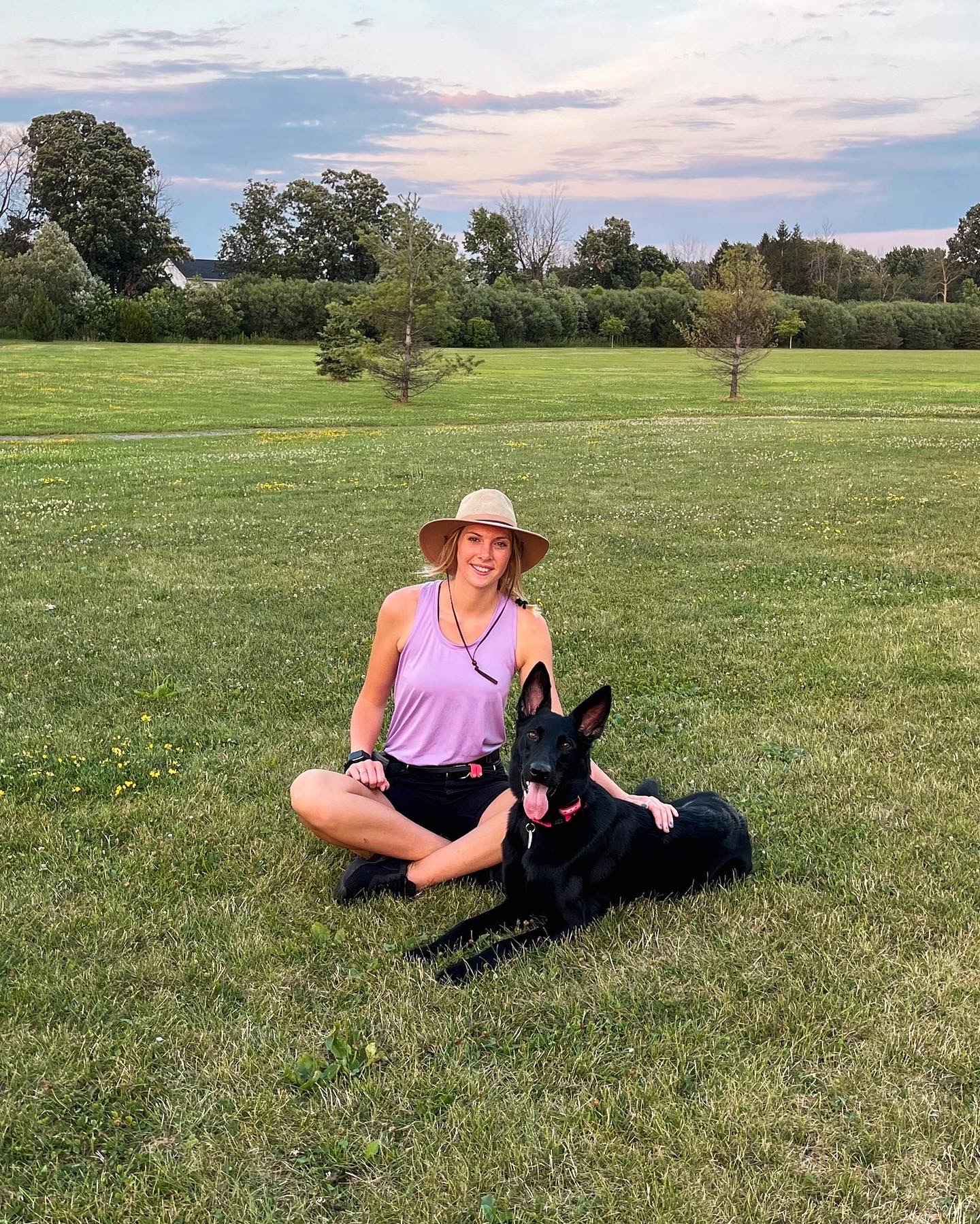When to Get Another Dog: A Guide to Expanding Your Canine Family
- Bailee Smalt

- Mar 8, 2025
- 2 min read
Updated: Jul 23, 2025

Adding a new dog to your family is an exciting journey. However, it's important to consider several factors before making this significant decision. This blog aims to guide you through the process of deciding when and if you should get another dog.
Assess Your Current Situation
Before welcoming another canine into your home, take a moment to evaluate your current situation. Consider the following aspects:
Time Commitment: Dogs require attention, training, and care. Ensure you have enough time to dedicate to another dog without compromising your current pet’s needs.
Financial Responsibilities: Another dog means additional expenses, including food, vet visits, grooming, and other essentials. Make sure your budget can accommodate these costs.
Space: Ensure you have sufficient space in your home and yard for another dog to live comfortably.
Understanding Your Current Dog's Needs
Your existing dog’s personality and behavior will play a significant role in deciding whether to get another pet. Consider your dog’s:
Socialization Skills: Does your dog enjoy the company of other dogs, or are they more of a lone wolf? A dog that thrives in social settings might enjoy a companion, while a more solitary dog might not.
Energy Levels: Match the energy levels of your current dog with a new one. A mismatch can lead to frustration for both dogs.
Health and Age: Older dogs or those with health issues might not adapt well to a bouncy new puppy.
Avoiding Littermate Syndrome
One crucial factor to keep in mind is the risk of littermate syndrome, a condition that can occur when two puppies are raised together. This syndrome can lead to behavioral issues such as:
Over-dependence on one another
Difficulty in training
Increased anxiety when separated
It's important to note that littermate syndrome can occur even if the puppies are not from the same litter. Therefore, it is generally advised not to adopt two puppies at the same time. Instead, consider adopting one puppy and allowing it to grow and adapt before introducing another.
The Ideal Time to Get Another Dog
There is no one-size-fits-all answer to when you should get another dog. However, here are some general guidelines to follow:
Your Current Dog is Well-Adjusted: Ensure your current dog is well-trained, happy, and well-adjusted. This creates a stable environment for a new dog.
Your Life is Stable: Major life changes such as moving, changing jobs, or having a baby can already be stressful. Wait until your life is stable before adding another dog.
You’re Ready for the Commitment: If you’re prepared for the added responsibility, time, and love that comes with another dog, then it might be the right time to expand your family.
Conclusion
Adding another dog to your household can bring joy and companionship to both you and your existing pet. By carefully considering your current situation, your dog's needs, and the potential challenges, you can make an informed decision that benefits everyone. Remember, patience and preparedness are key when introducing a new canine companion into your life.
Comments